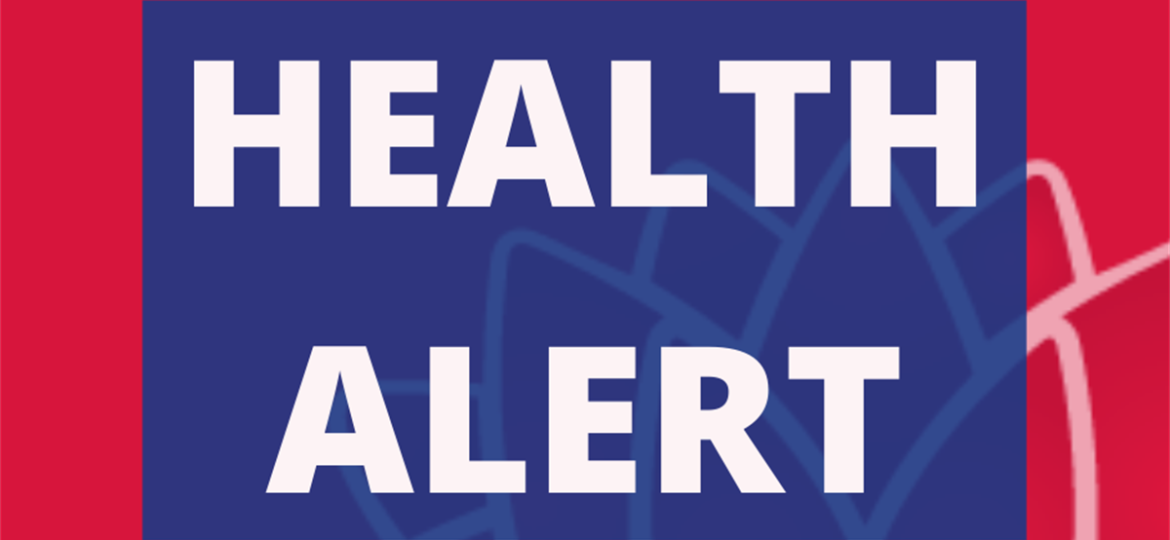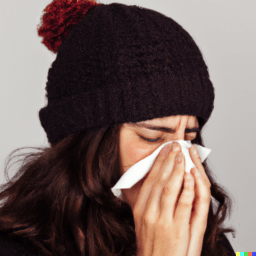


New Measles Case in Victoria – 20 February 2023
A new case of measles has been identified in a returned overseas traveller. The case was infectious at a number of premises in the Southern regions of Victoria between 16 and 17 February 2023.
People who attended the listed exposure sites during the specified dates and times may have been exposed to measles and should monitor for symptoms. For a list of exposure sites click here.
Anyone who develops symptoms of measles should seek medical care. Ensure to call the health service beforehand and wear a mask.
In the past, measles infection was very common in childhood in Australia. Most people born before 1966 will have been infected with measles as a child and are likely to be immune. Thanks to immunisation measles is now rare in Australia.
However, measles remains common in many parts of the world, and large outbreaks continue to occur in a number of countries. People travelling overseas or coming to Australia can bring the disease back with them, causing measles outbreaks in the community. This is why it is important to make sure you are vaccinated against measles to help protect yourself and the community.
What is measles?
Measles is a highly contagious viral disease that can cause serious complications. It remains a common cause of death in children under 5 in some parts of the world.
What are the symptoms of measles?
The first symptoms are fever, tiredness, cough, runny nose, sore red eyes and feeling unwell. A few days later a rash appears. The rash starts on the face, spreads down to the body and lasts for 4-7 days. The rash is not itchy. Young children (especially infants) may also experience diarrhoea.
The symptoms of measles usually start 10 days after being exposed to the virus but can sometimes take as few as seven or as many as 18 days to appear. The rash usually appears around 14 days after exposure to the measles virus.
Measles is a severe disease. Up to a third of people with measles have complications and may require hospitalisation. Complications of measles can include ear infections, diarrhoea, and pneumonia. About one in every 1000 people with measles develops encephalitis (swelling of the brain).
How is measles spread?
Measles is commonly spread when a person breathes in the measles virus that has been coughed or sneezed into the air by an infectious person.
Measles is one of the most easily spread of all human infections. Just being in the same room as someone with measles can result in infection.
People with measles are usually infectious from just before the symptoms begin until four days after the rash appears.
People are at risk of measles if:
- they have never had measles infection or
- they have not had two doses of measles containing vaccine or
- they have a weakened immune system (e.g., people who are receiving chemotherapy or radiotherapy for cancer or people who take high-dose steroid medications) even if they have been fully immunised or have had past measles infection and
- they have had contact with someone with measles infection.
Measles remains common in many countries and large outbreaks often occur. People travelling overseas are at risk of measles if they are not immune.
For a list of exposure sites please visit https://www.health.vic.gov.au/health-alerts/new-measles-case-in-victoria-feb-2023.


